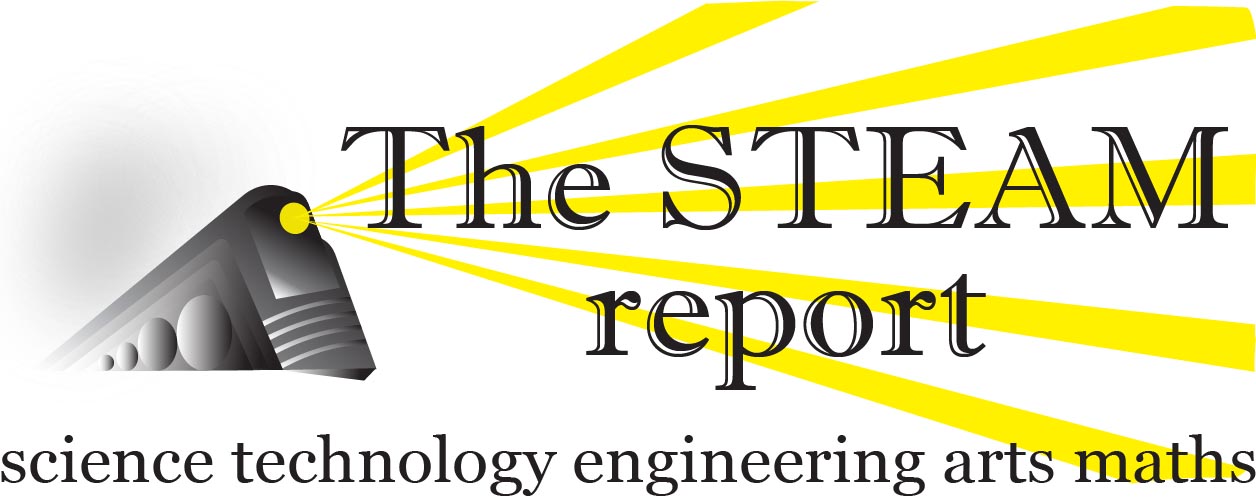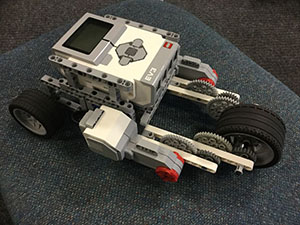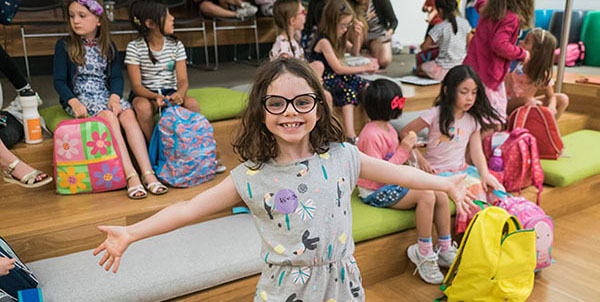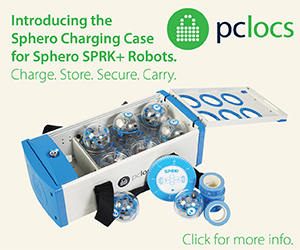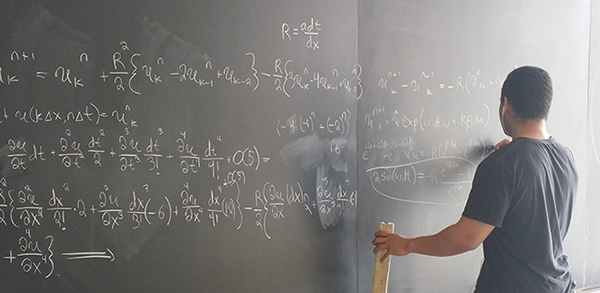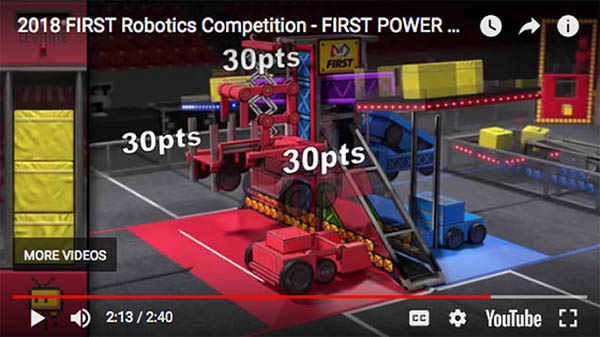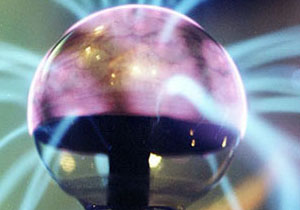
|
Editorial – issue 5 Practical Applications in STEAM – The Evil League of Evil Girl Geeks get coding young Soft machines on the way Maths stands to be the real winner from STEAM Twits: Deb Hicks High school teams from across the Asia Pacific have descended upon the Quaycentre to battle it out at the FIRST Robotics Competition Australian Regionals. The Power UP competition kicked off on Sunday 11 March with three-team alliances facing off in the two-and-a-half minute matches. Read More Prime Minister’s Prizes for Science nominations close soon |

|
